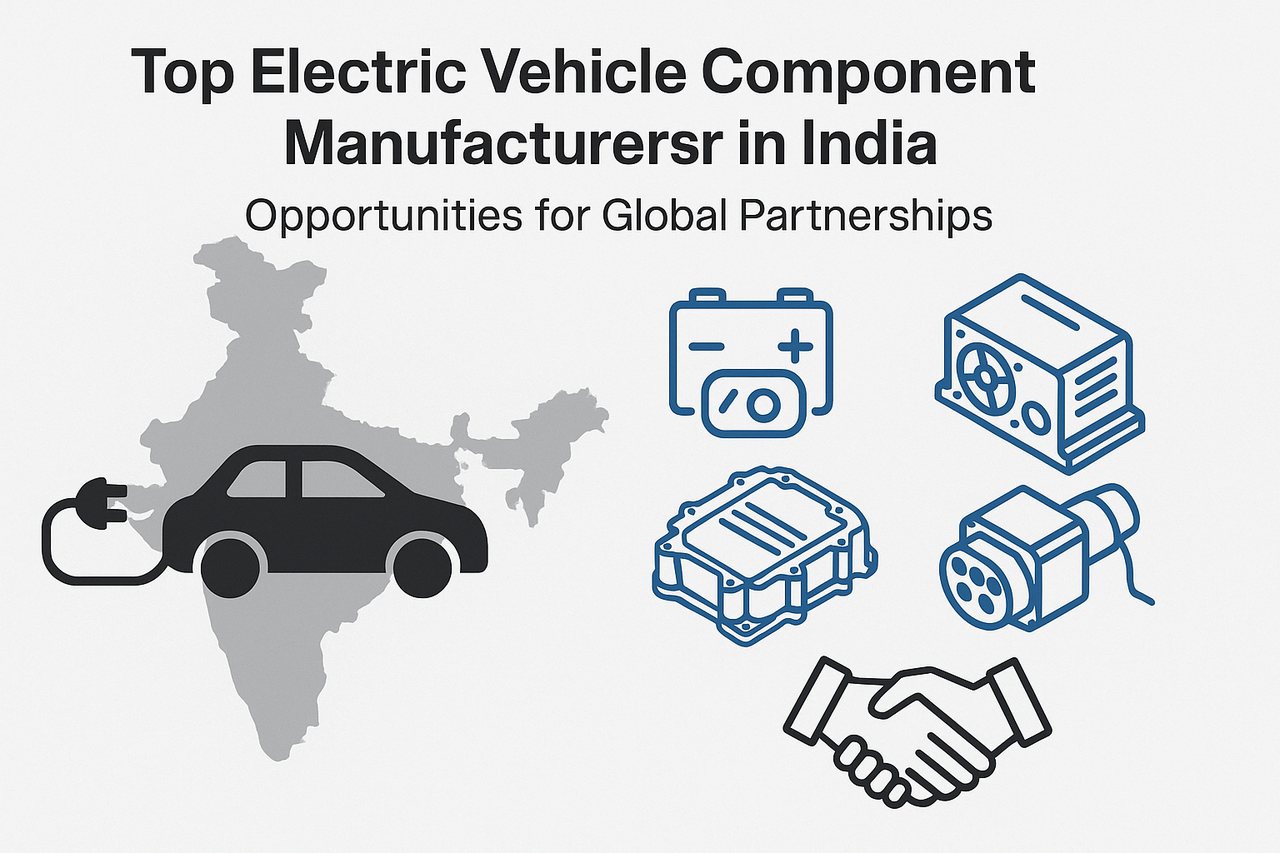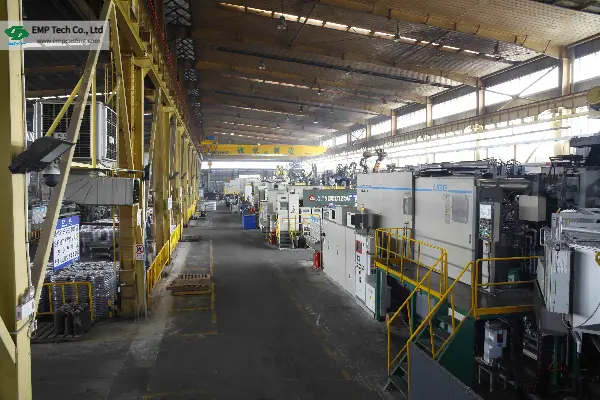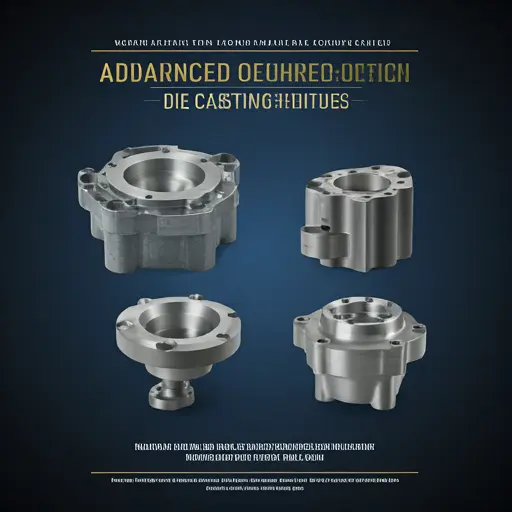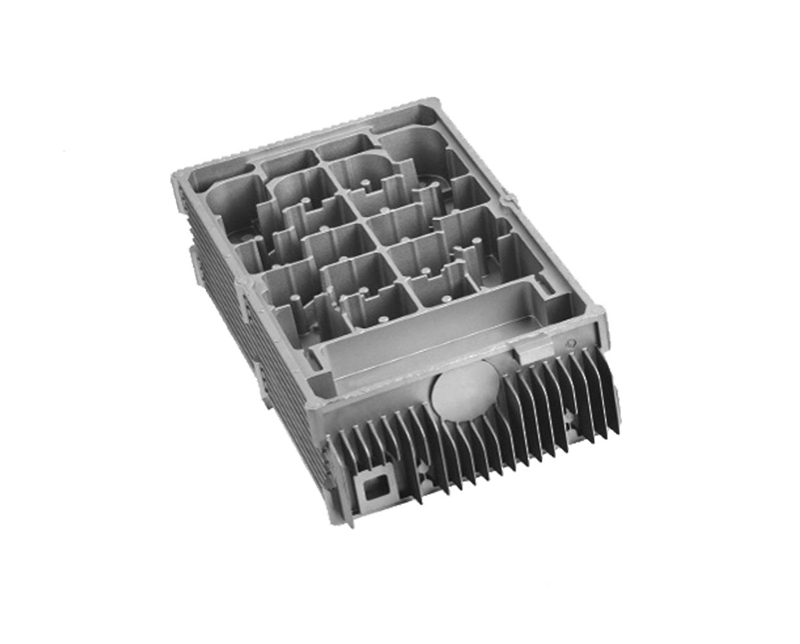
India is fast emerging as one of the most dynamic hubs for electric vehicle (EV) production, driven by government incentives, rising fuel prices, and a booming automotive market. As EV adoption accelerates, the demand for high-quality EV components has surged, opening the door for collaboration with precision component manufacturers.
1. Why India is Key for EV Component Sourcing
India’s EV market is projected to reach USD 152.2 billion by 2030, with an annual growth rate exceeding 40%. Backed by the FAME II policy, local manufacturing is rapidly scaling to meet both domestic and global demand. Major OEMs like Tata Motors, Mahindra Electric, and Ola Electric are building comprehensive EV ecosystems, relying heavily on tier-1 and tier-2 component suppliers.
Key electric vehicle components produced in India include:
Battery management systems (BMS)
Electric motor housings
Power electronics (inverters, controllers)
Charging connectors and onboard chargers
Aluminum structural parts for EV platforms
2. Leading EV Component Manufacturers in India
Here are some of the most established and innovative players:
| Company | Core Strengths | Clients/Partners |
| Sona Comstar | e-axles, motor stators, traction motors | Tata, Ashok Leyland |
| Varroc Engineering | EV lighting, powertrain electronics | Global OEMs |
| Lucas-TVS | Motor assemblies and controllers | Mahindra Electric |
| Jaya Hind Industries | Aluminum die casting for EV motors | OEM and Tier-1 suppliers |
| Sandhar Technologies | Smart charging systems | Indian & global EV brands |
These manufacturers combine cost competitiveness with growing technological capabilities, often offering IATF 16949-certified systems and strong in-house R&D.
3. Aluminum Die Casting: The Foundation of EV Performance
High-precision aluminum die-cast components are essential for EV performance and durability—especially for parts like motor controller housings, battery charger enclosures, and e-drive casings. India’s manufacturing ecosystem is expanding in this domain, but challenges remain in:
Achieving tight dimensional tolerances (±0.05mm)
Ensuring IP67-level sealing
Reducing porosity to <0.1%
Supporting thin-wall designs (1.2mm) for lightweight platforms
4. Why Global EV Makers Collaborate with EMP Tech
While many Indian suppliers are ideal for large-volume or cost-sensitive production, companies like EMP Tech Co., Ltd. offer a high-performance, precision casting alternative—perfect for critical components in export-grade EVs.
EMP Tech brings:
Vacuum high-pressure die casting (porosity <0.1%)
±0.05mm machining tolerance
FSW friction welding for aluminum-copper joints (strength ≥ 90% of base metal)
1.2mm thin-wall aluminum casting (25% weight reduction)
Certified by IATF 16949 (auto), ISO 13485 (medical), AS9100 (aerospace)
EMP partners with EV integrators worldwide to supply motor housings, controller enclosures, battery casings, and other mission-critical aluminum parts.
5. India + China: A New EV Supply Chain Strategy
Global EV brands increasingly adopt a hybrid sourcing strategy:
Use Indian manufacturers for large-batch components
Work with Chinese specialists like EMP Tech for high-precision, custom-engineered die castings
This dual approach ensures both cost-efficiency and performance, especially for:
Export vehicles to Europe/US (with strict quality/weight specs)
High-end EV models needing IP67, ultra-light housing
Fast prototyping and small-to-medium batch production




